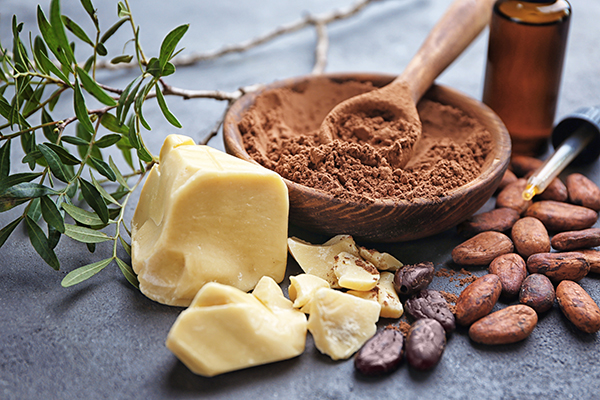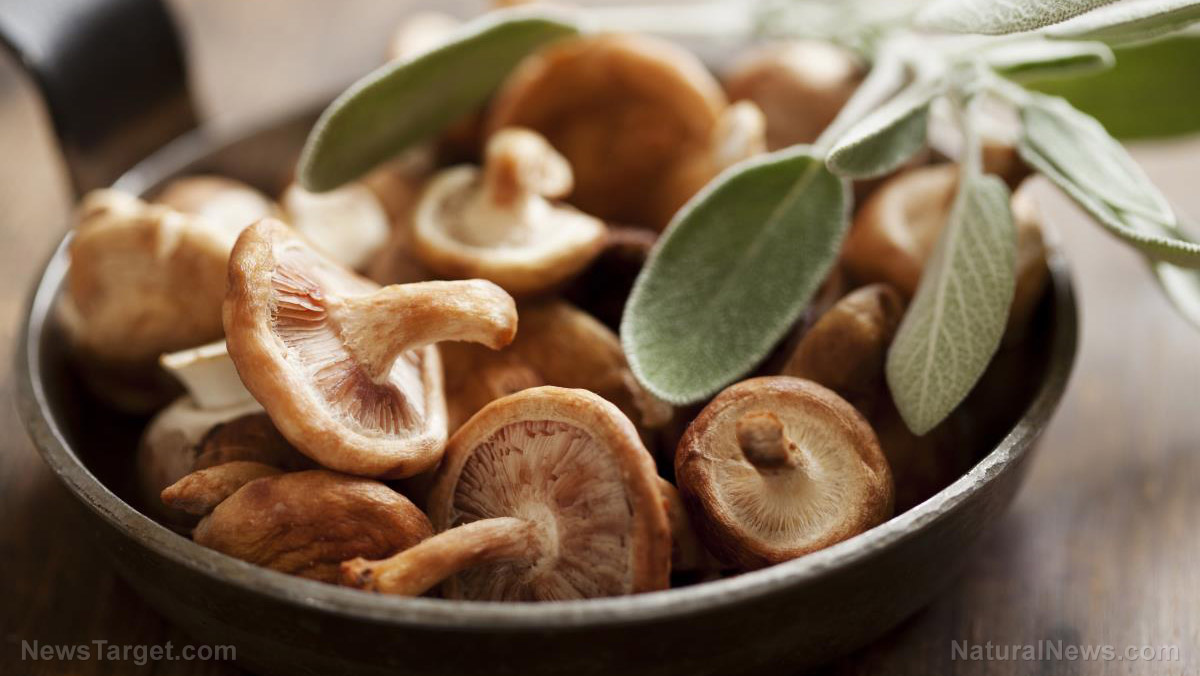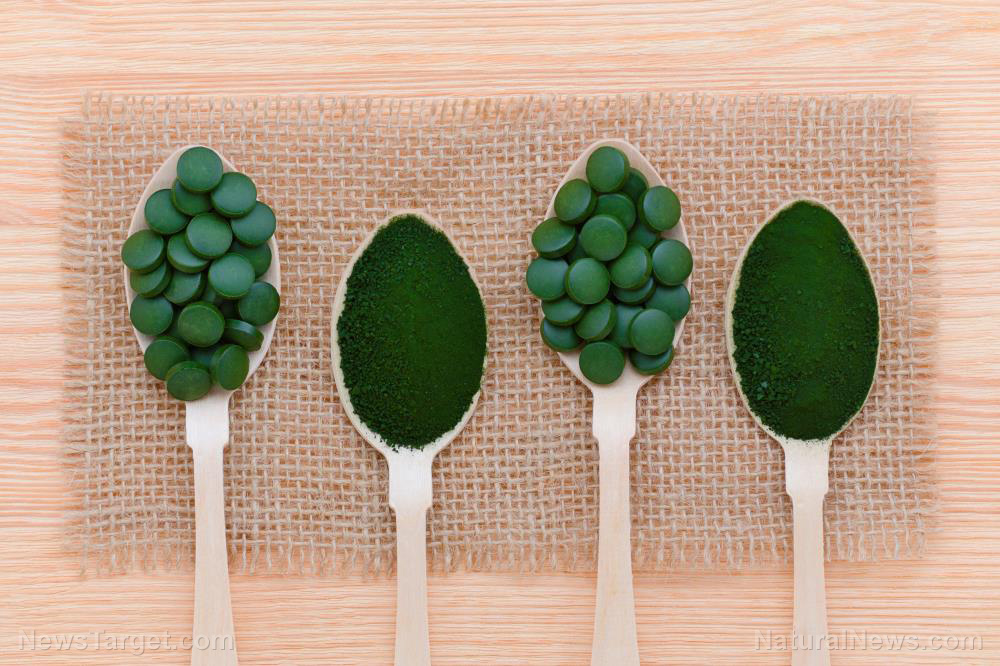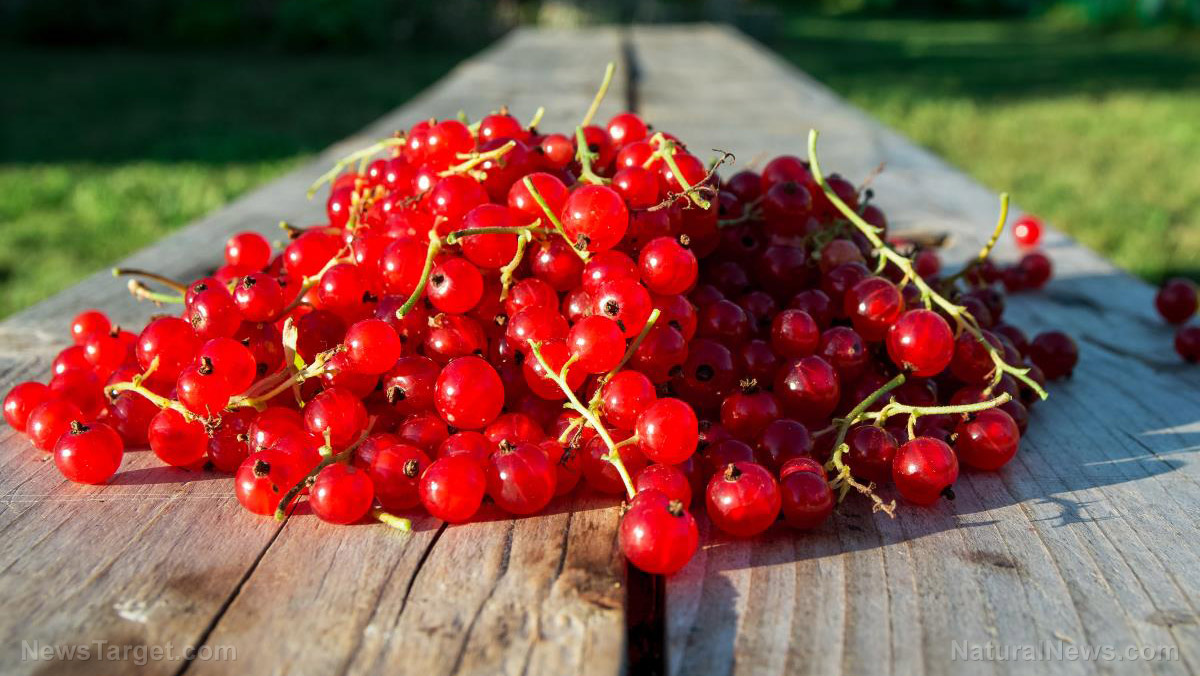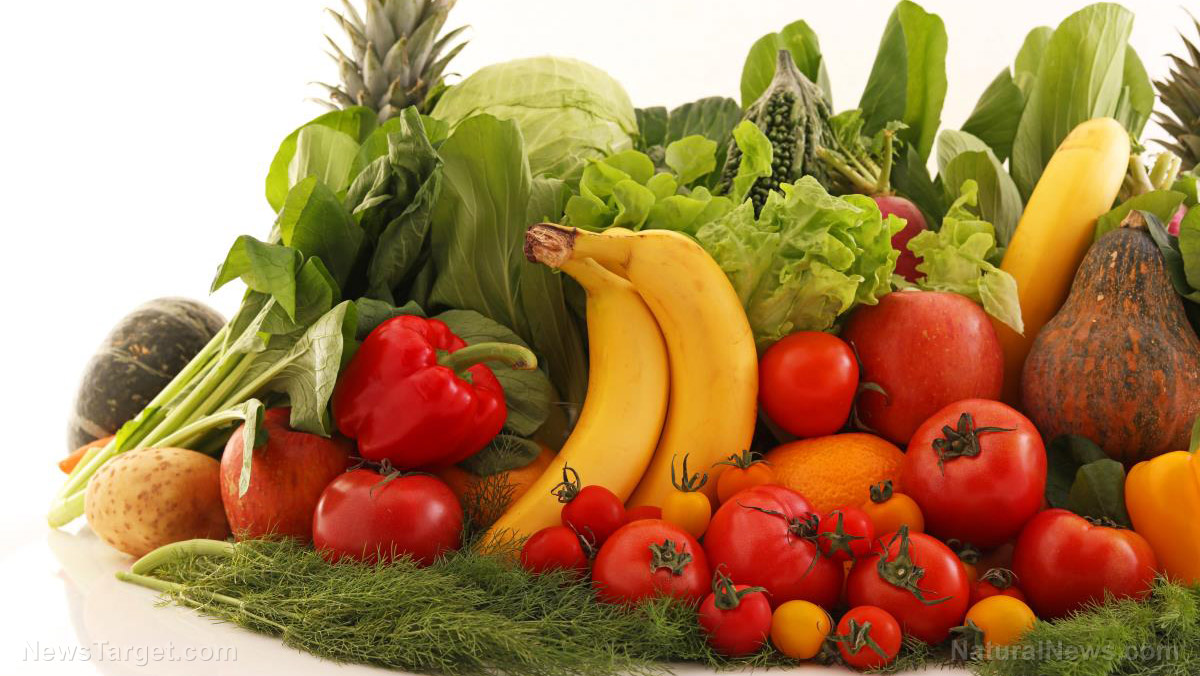These 5 nutritious foods can help fight inflammation
12/10/2019 / By Zoey Sky
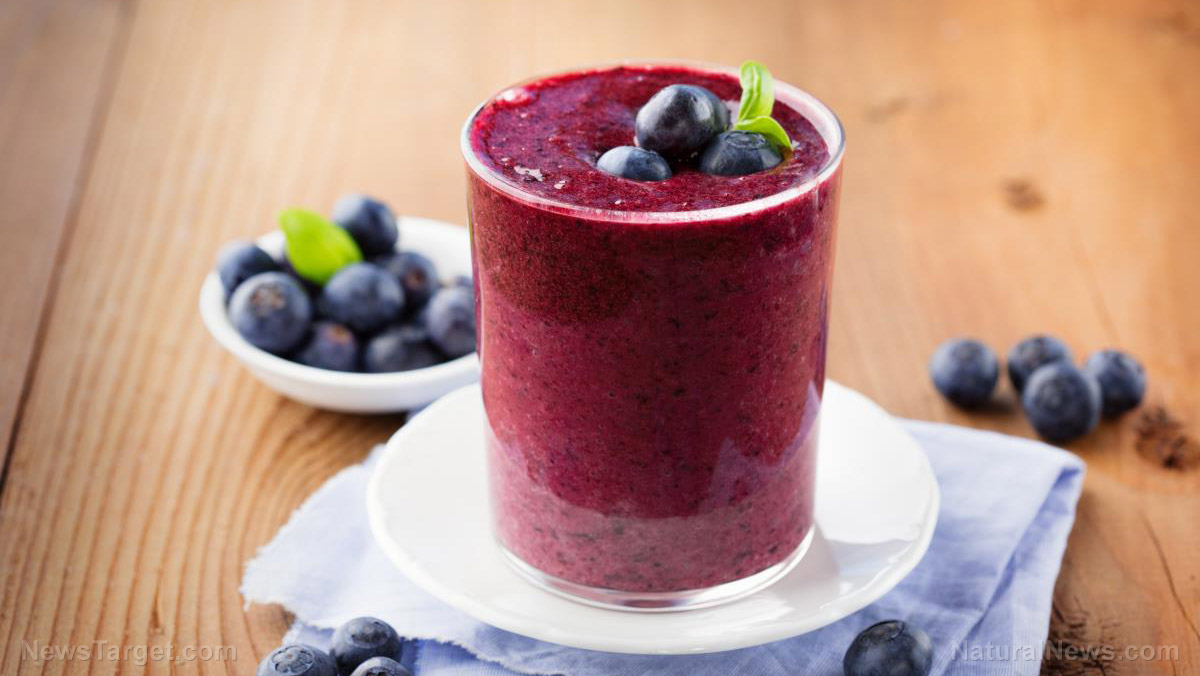
Superfoods offer many health benefits, from strengthening your immunity to boosting your nutrient intake. Eating certain foods, like blueberries and cherry tomatoes, can also help prevent inflammation.
The role of inflammation in your health
When your body is exposed to anything foreign, like chemicals, microbes or plant pollen, your immune system is activated. This usually triggers inflammation, a natural bodily process that is meant to protect you from these invaders.
But when inflammation becomes chronic and occurs even without any triggers, then it becomes a threat to your health. Alzheimer’s disease, arthristis, cancer, depression, diabetes, heart disease and other conditions are linked to chronic inflammation.
Avoiding inflammatory foods like red meat and refined carbs (e.g. pastries and white bread) by eating a balanced diet that incorporates anti-inflammatory foods which are a good way to prevent chronic inflammation.
Below are five anti-inflammatory foods that can boost your overall health.
Blueberries
Blueberries are popular superfoods for a reason: They are full of beneficial polyphenols and anti-inflammatory compounds. Blueberries are also a great source of dietary fiber.
Other berries, such as blackberries, raspberries and strawberries, also have anti-inflammatory properties. (Related: Research shows that berries are one of the best ways to prevent cancer.)
Add blueberries to salads or superfood smoothies to boost your nutrient intake. You can also snack on a handful of berries on their own.
Stone fruits
Stone fruits, or fruits with a pit or “stone” at the center of soft, juicy flesh, are rich in anthocyanins, catechins, chlorogenic acid and quercetin, which are phenolic groups that work together to fight inflammation.
Such compounds in stone fruits like cherries, peaches and plums can help lower your risk of developing diabetes and obesity.
Make cobblers or salads with stone fruits or just eat them on their own.
Basil
Basil is an herb rich in polyphenols, a kind of compound that can help prevent cancer and inflammation.
Basil has a gentle, peppery sweetness that pairs well with salads or green smoothies. Alternatively, you can use basil to make savory pesto.
Cherry tomatoes
In-season cherry tomatoes bear a light, acidic flavor that’s perfect for refreshing salads. Lycopene, the primary anti-inflammatory compound in tomatoes, is enhanced when cooked.
You can cook cherry tomatoes to enhance their flavor. Cut cherry tomatoes in half, drizzle them with extra virgin olive oil and sprinkle a bit of fine grain sea salt and Herbes de Provence. Cook the tomatoes at 400 F.
When the cherry tomatoes are done, their bottoms will brown. Cooked tomatoes taste salty-sweet and umami, like sun-dried tomatoes.
Cooked cherry tomatoes are great in salads. Alternatively, you can blend them with some olive oil for a healthy pasta sauce.
Chili peppers
Chili peppers come in many varieties. Some are sweet and mild, others are medium-hot and some can give any dish an incredible kick and mouth-tingling heat. According to studies, the capsaicin in chili peppers is responsible for their anti-inflammatory effect.
If you find chili peppers intimidating, try adding jalapeños to homemade salsas or soups. Those feeling adventurous can add jalapeños to green smoothies.
Milder poblanos are best when quick-charred over a grill and folded into tacos. For a spicy appetizer, blister Padron peppers in olive oil and top them with flaky sea salt. If you’re not a fan of intensely spicy foods, take things down a notch by removing the seeds and white membranes from your peppers, as that’s where most of the heat comes from.
Avoid chronic inflammation and the diseases linked to it by following a balanced diet and eating anti-inflammatory superfoods.
Sources include:
Tagged Under: #nutrition, anti-inflammatory, antioxidants, Blueberries, chili peppers, Fresh, fruits, functional food, grocery cures, inflammation, organics, prevention, vegetables
RECENT NEWS & ARTICLES
COPYRIGHT © 2017 NUTRIENTS NEWS







